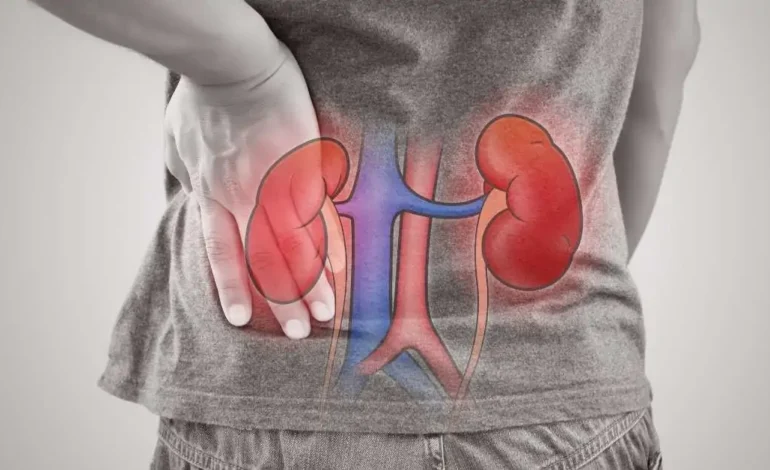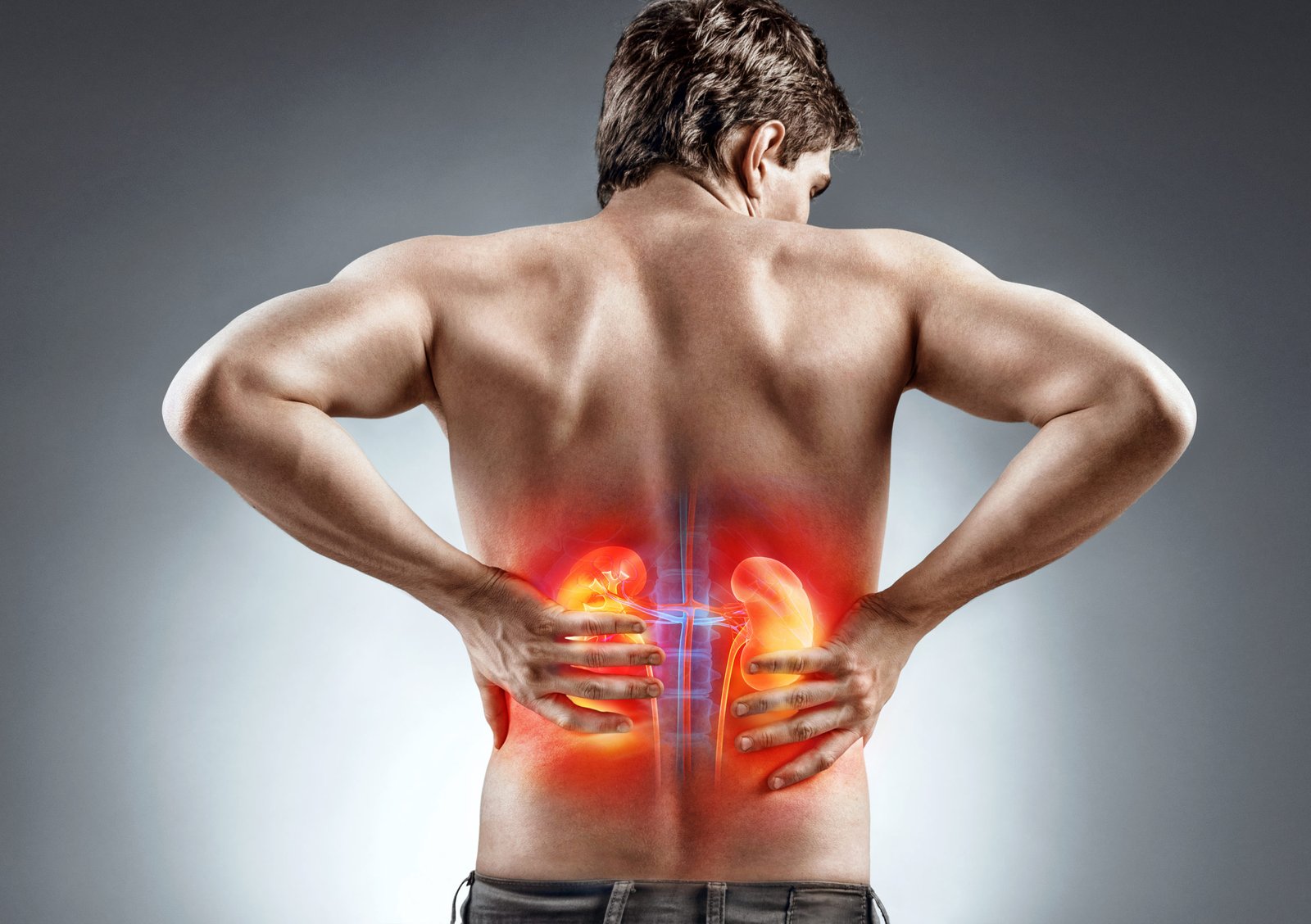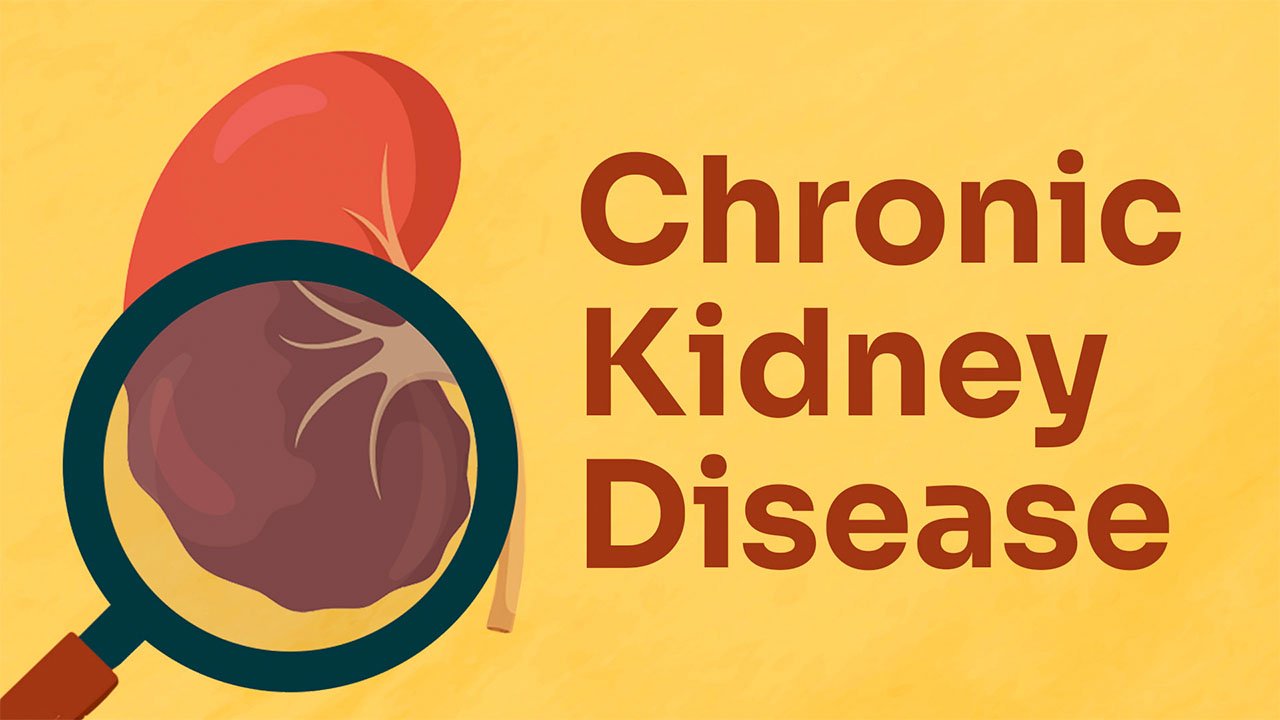
Tips for healthy Kidneys
Taking care of your kidneys is essential for maintaining overall health. Here are some tips to help keep your kidneys healthy:
1. Stay Hydrated
Drink plenty of water throughout the day to help your kidneys flush out toxins. Water helps maintain proper kidney function and prevents kidney stones.
The amount of water varies by individual needs, but a general recommendation is around 8 cups (2 liters) per day.
2. Eat a Balanced Diet
Fruits and Vegetables: Include a variety of fruits and vegetables in your diet for essential vitamins, minerals, and antioxidants.
Limit Salt Intake: Too much salt can lead to high blood pressure, which is harmful to kidney health. Aim to reduce processed foods and added salt.
Control Protein Intake: Too much protein can strain your kidneys over time. Focus on plant-based proteins and moderate animal protein sources.
Limit Sugar and Processed Foods: These can contribute to obesity, high blood pressure, and diabetes, all of which are risk factors for kidney disease.
3. Exercise Regularly
Regular physical activity helps maintain a healthy weight, lowers blood pressure, and reduces the risk of kidney disease. Aim for at least 30 minutes of moderate exercise most days of the week.
4. Monitor Blood Pressure
High blood pressure is a leading cause of kidney damage. Regularly check your blood pressure and aim for a healthy level (generally less than 120/80 mmHg).
Reduce stress, avoid smoking, and eat a balanced diet to help control blood pressure.
5. Keep Blood Sugar in Check
If you have diabetes or are at risk, managing your blood sugar is crucial for preventing kidney damage. Maintain a healthy weight, follow a balanced diet, and monitor your blood sugar levels regularly.
6. Avoid Overuse of Over-the-Counter Painkillers
Nonsteroidal anti-inflammatory drugs (NSAIDs), like ibuprofen, can harm your kidneys if taken in excess. Always follow dosage instructions, and consult a healthcare professional if you need pain relief for an extended period.
7. Don’t Smoke
Smoking damages blood vessels, which can reduce blood flow to your kidneys, impairing their function. Quitting smoking helps improve overall kidney health.
8. Limit Alcohol Consumption
Drinking alcohol in excess can lead to dehydration and high blood pressure, both of which can harm your kidneys. It’s best to drink in moderation or avoid it altogether.
9. Get Regular Check-ups
Regular health check-ups can help detect early signs of kidney disease, especially if you have risk factors like diabetes, high blood pressure, or a family history of kidney disease.
10. Maintain a Healthy Weight
Obesity increases the risk of kidney disease. Losing excess weight through diet and exercise can reduce the risk and improve kidney function.
By following these tips, you can help protect your kidneys and promote long-term health.






